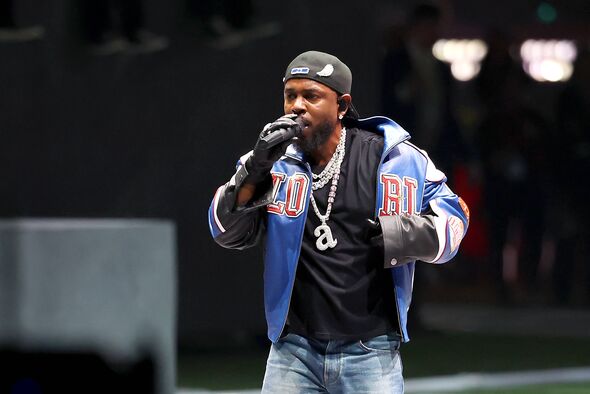Robert De Niro Blasts Trump While Accepting Palme d’Or: “We’re Fighting for Democracy’s Survival”
During his acceptance speech at the Cannes Film Festival, the actor criticized the “fascist” policies of the U.S. President.
Robert De Niro seems to lack an understanding of diplomacy. To him, what he considers diplomacy might be about expressing himself plainly without any subtleties—just sheer transparency. This approach likely stands diametrically opposed to true diplomatic practices. It’s not unprecedented for the esteemed actor and his peers to voice their opinions regarding the present U.S. President publicly, yet this instance marks the first time he articulated these views in written form.
He received this year’s prestigious Honorary Palme d’Or during the inaugural event of the 78th Cannes Film Festival held on Tuesday. His remarks were among the most passionate highlights at a festival which had barely kicked off when another significant political statement emerged: A declaration condemning the atrocities in Gaza, endorsed by notable personalities such as Pedro Almodóvar, Susan Sarandon, Richard Gere, along with around 380 individuals from both filmmaking circles and global cultural arenas. Additionally, Jury President Juliette Binoche openly criticized fellow performer Gérard Depardieu—a known offender—who also faced substantial backlash following news reports suggesting potential taxes targeting foreign movies.
In short, the involvement of the Cannes Film Festival in geopolitical issues appears greater than ever before since politics now seem deeply entwined with cinematic events like Cannes itself.
The moment he stepped onto the stage, the lead actor from the greatest movies directed by Scorsese and Coppola, and a key figure of the New Hollywood era that emerged in the ’70s, shared his thoughts. ”
In my nation, we are presently battling fiercely for the democracy that we formerly regarded as a given.
This impacts all of us because art is democratic. It’s shared among everyone, accessible to everybody, promoting inclusivity and unity. Art celebrates diversity, which makes it threatening, and consequently, those working within this realm pose a challenge to dictators and fascists,” he stated, offering nothing more provocative than straightforward rationality.
He went on, ensuring everyone caught his diplomatic undertone: “The unsophisticated President of the United States has taken it upon himself to lead one of our key cultural entities and simultaneously slashed funds for the arts, humanities, and education. Now, he’s imposed a 100% tax on foreign films. Consider what this means…”
You can’t assign a value to creativity, but seemingly, you can levy taxes on it.”
Once he arrived at this juncture, it became evident that retreat was not an option. The festival currently starting must be political or it simply isn’t. To frame this within perspective, the speaker stepped onto the stage of the Grand Théâtre Lumière five decades following his appearance alongside two modern masterpieces.
1900
by Bernardo Bertolucci, and
Taxi Driver
By his esteemed colleague and devotee Martin Scorsese—a film that claimed the Palme d’Or title. Since then and up to the present day, De Niro has been a frequent attendee at Cannes with works such as
The King of Comedy
by Scorsese, which opened the festival in 1983; Sergio Leone’s masterpiece,
Once Upon a Time in America
(1984), and
The Mission
(1986) by Roland Joffé, which also won the Palme d’Or. He was even the jury president the year
The Tree of Life
by Terrence Malick received the highest honor. The last time he was at Cannes was two years ago with
The Moonlight Killers
by, of course, Scorsese.
Holding the position as the foremost active actor deemed indispensable, he went on to assert that his concerns and challenges transcend national boundaries and are shared globally. “These issues aren’t confined to my nation; they’re worldwide,” he stated. “We cannot remain passive observers.”
We have to act, and we have to do it now, not with violence, but with passion and determination.
It’s time for all those who care about freedom to organize, protest, and, of course, vote in elections. Tonight and over the next 11 days, we will demonstrate our strength and commitment by celebrating art at this glorious festival. Liberty, equality, and fraternity.” It’s clear.
Leonardo DiCaprio then spoke, the one who presented him with his award, and finally, Juliette Binoche took the floor again to pay tribute to the artist and photojournalist from Gaza,
Fatima Hassouna.
She is the protagonist of the documentary
Put your soul on your hand and walk
and she died in an Israeli airstrike just 24 hours after the film was selected for the ACID section of the Festival. Perhaps, as De Niro is clear about, the time for traditional diplomacy is over.
Things are clearer, the more De Niro.
Don’t miss out on all our news at
www.mundoamerica.com
.





